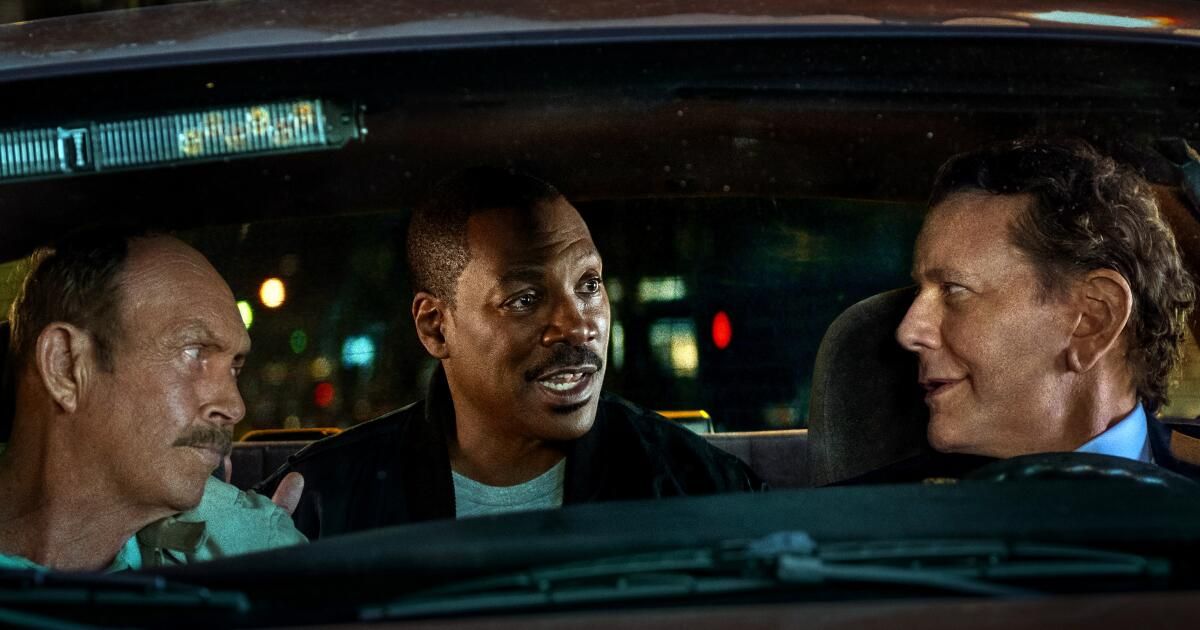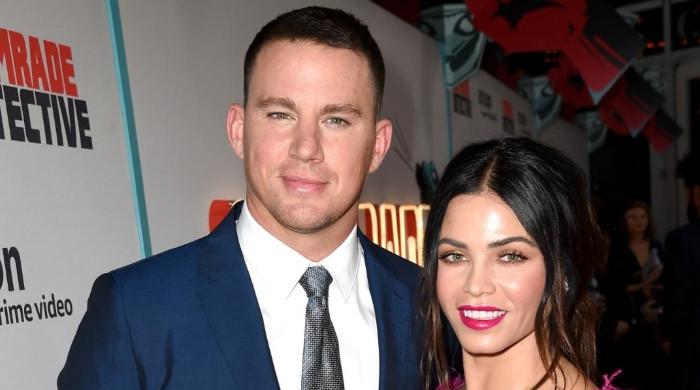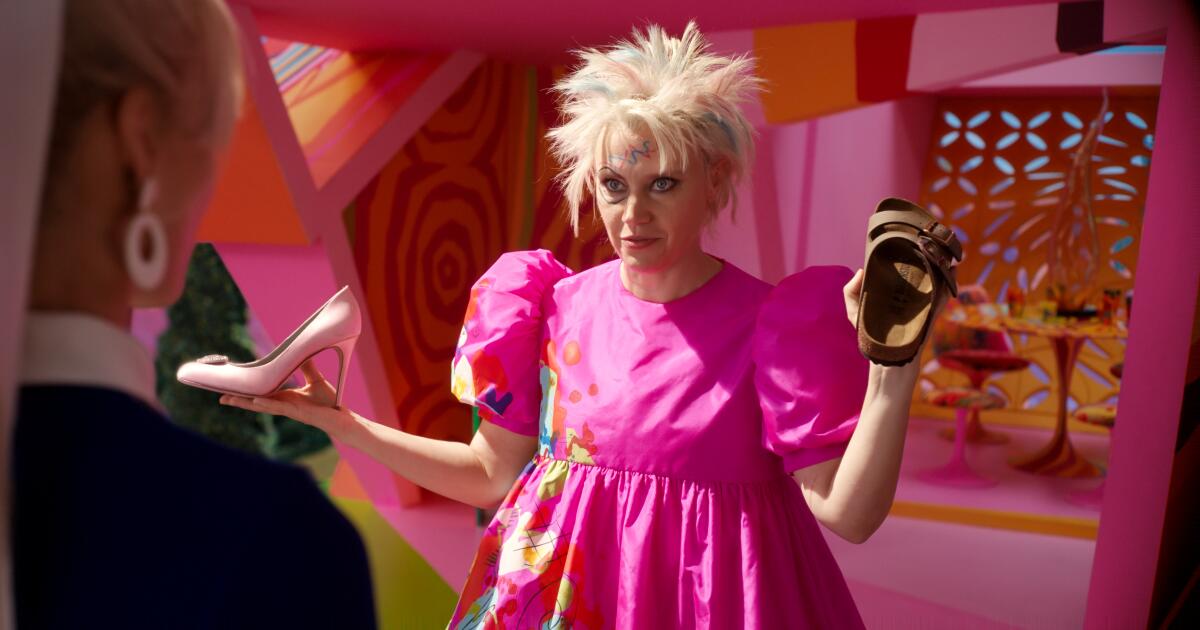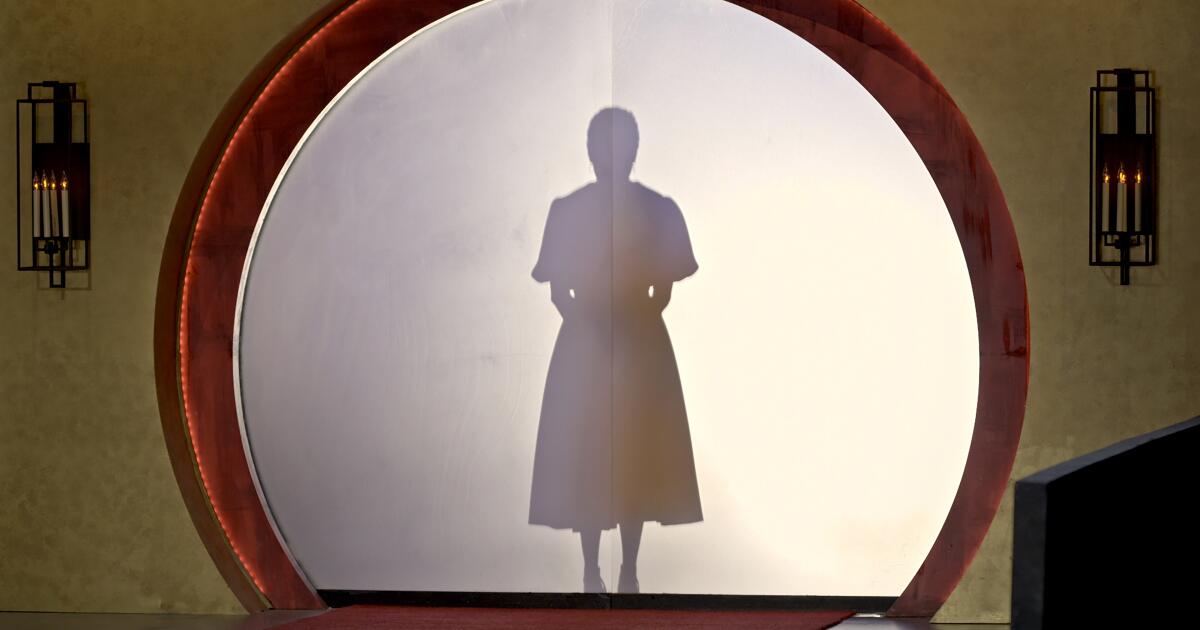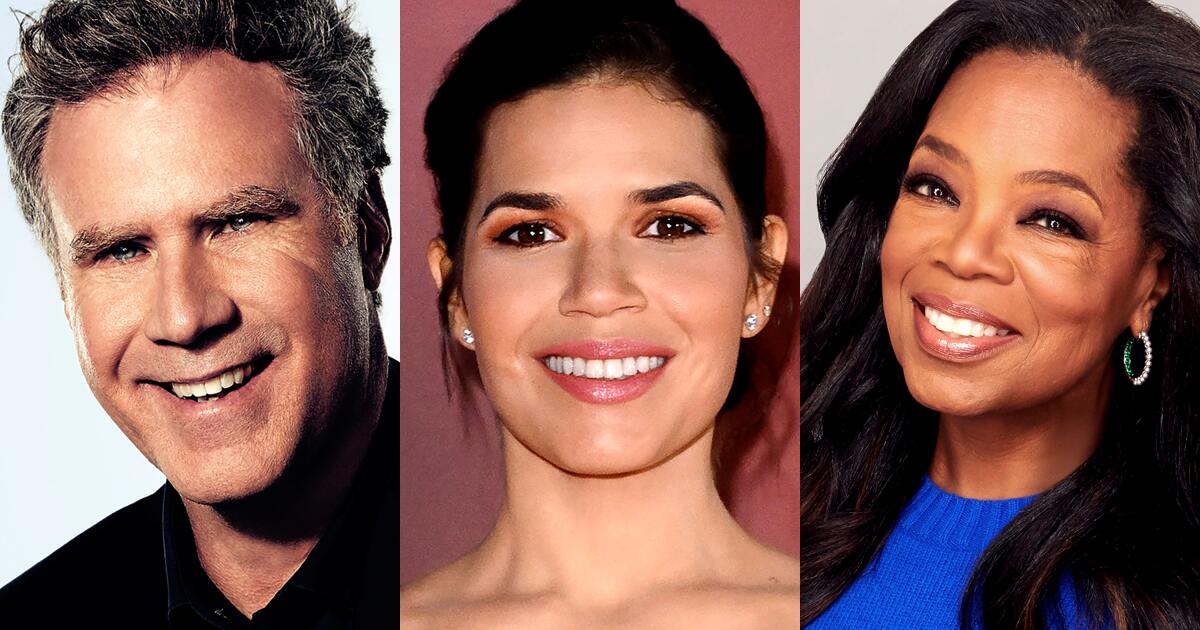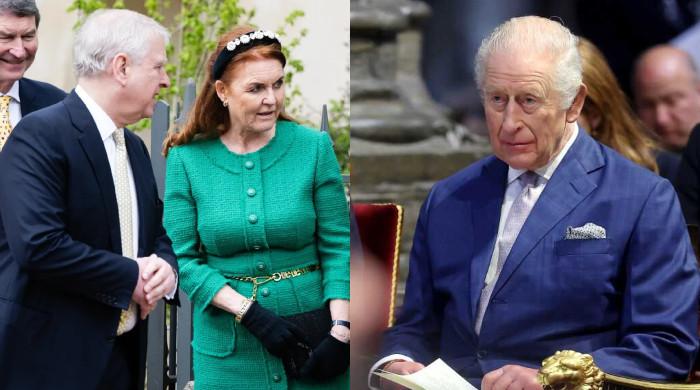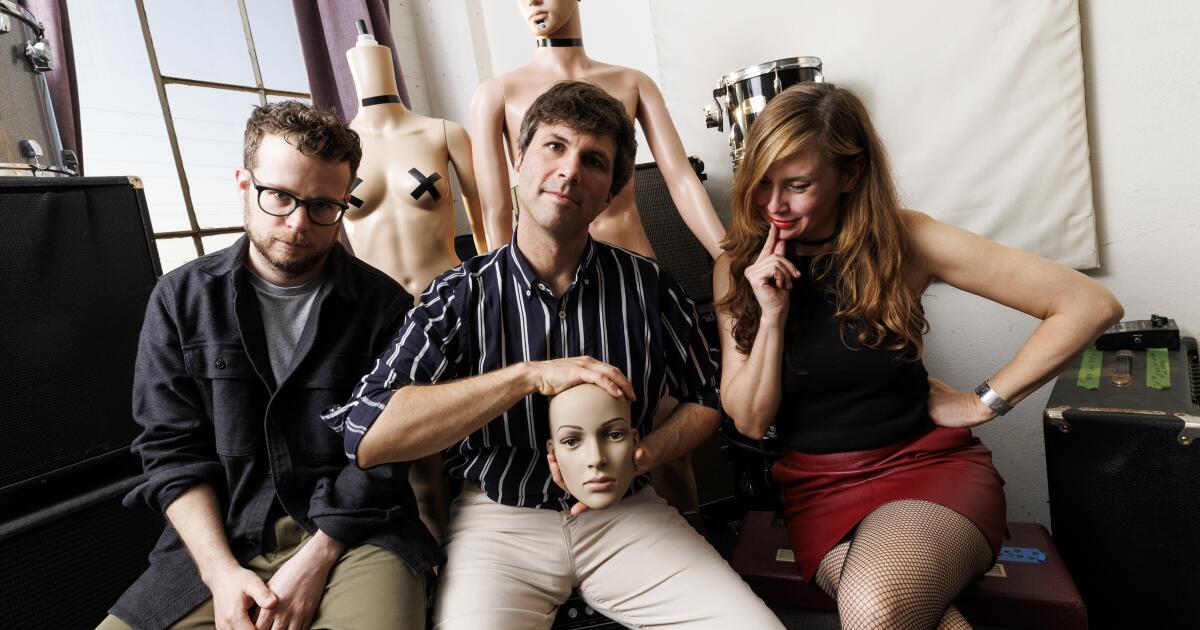About a decade ago, when Eddie Murphy was accepting the Mark Twain Prize for American Humor, he made this joke about the longevity of his career: “It hasn’t escaped my attention that usually when people go through evenings like this, the person receiving these awards is very, very old… To be standing here alive and looking like me still is wonderful.”
Opinion columnist
Granderson Landing Station
LZ Granderson writes about culture, politics, sports, and navigating life in America.
Fast forward to 2024 and not only is Murphy still around, but so is Detective Alexander James “Axel” Foley. The fourth installment of the “Beverly Hills Cop” franchise is now on Netflix, and with it the character that launched Murphy to stardom.
The funny thing is that the role wasn't intended for him, and yet, in retrospect, no one else should have been considered.
As the story goes, “Beverly Hills” was originally going to be a vehicle for Sylvester Stallone, who wanted more action and less comedy. It was Rocky. It was Rambo. It made sense, except that at its core the story was about the humor of being out of place. Hollywood turned to Mickey Rourke; he dropped out.
Along came Murphy, and with that casting, history. “Beverly Hills Cop” is one of the highest-grossing film franchises of all time. Murphy’s films have grossed more at the box office than any other starring a “Saturday Night Live” icon. The long-held notion among movie executives that black stars didn’t make money was dealt a blow.
His 1982 feature film debut, “48 Hours,” was the seventh-highest-grossing film worldwide that year. The following year, “Trading Places” came in fourth. “Beverly Hills Cop,” the film that basically fell into Murphy’s lap, was the highest-grossing film worldwide in 1984. Remember that Murphy’s films during the 1980s competed not only against sci-fi giants like “Star Wars” and “Indiana Jones,” but also against a number of Brat Pack films, including “Sixteen Candles,” “The Breakfast Club” and “Pretty in Pink.”
In an era when much of filmmaking was based on guns, explosions, or white teenage angst, Murphy always made us all laugh, regardless of the film’s premise. That’s because he knew how to embody the absurd and when to be the satirist pointing out the absurd. His art wasn’t dependent on a script or a director. He knew where the humor was.
Murphy's first film character was a con man. His second was a career criminal. Perhaps Hollywood executives didn't immediately see Murphy as the “Beverly Hills” cop because they had already pegged him as a fun and profitable con man.
Murphy’s success, however, allowed him to gain more power, and he used it to showcase the black experience and remain profitable. It was a freedom rarely afforded to black actors in Hollywood during the days of Reagan and Clinton. Yet even after a decade of box office success, some critics criticized Murphy’s “Boomerang” for depicting a world they considered impossible. The offense? A successful black-owned business, a world where the people in charge looked like Murphy.
“For those who feel it is racist for a film to have a predominantly black cast, one need only look at the countless films that portray an all-white world,” Murphy wrote in a 1992 article. Opinion piece from the Los Angeles Times. “And consider all those movies that featured small roles for African Americans: we thank them for making the world believe that all people of color are pimps, prostitutes, drug dealers and criminals.”
Let’s remember that playing a con man and a criminal was how Murphy got his start in Hollywood. It wasn’t easy to convince him to be cast as a cop, but once he got the job, he transformed what a leading man could be. Martin Lawrence, Will Smith, and Kevin Hart all stand on the shoulders of Axel Foley. That character’s theme song (an electronic track called “Axel F”) became an international hit and continues to resonate culturally today, because the comedic genius who brought that character to life still resonates.
Maybe this latest sequel is just a pointless fluff, timed to compete with summer blockbusters in theaters. Maybe it's a sign that Murphy is rebooting the franchise by ending his 30-year hiatus after “Beverly Hills Cop 3.” To be honest, I don't really care.
It's Eddie Murphy.
I'm going to do what I've done for the first 40 years of his career: laugh at the humor that only he seems able to find.

